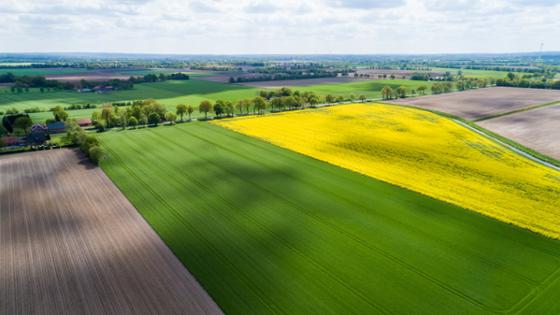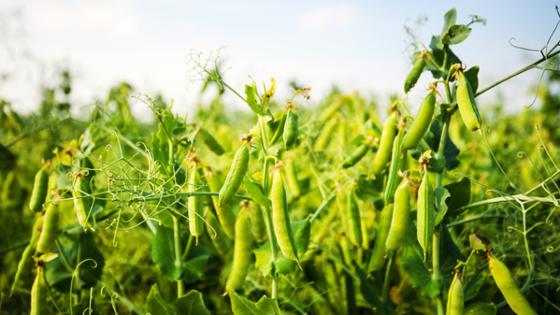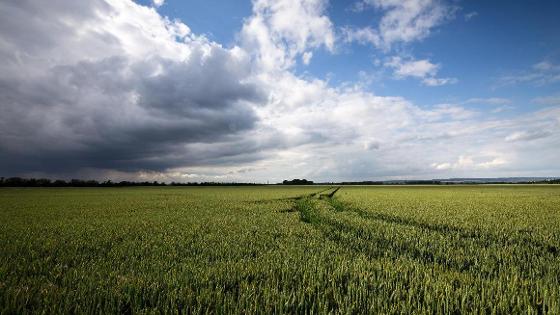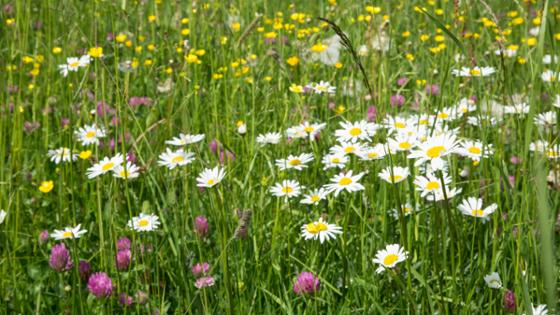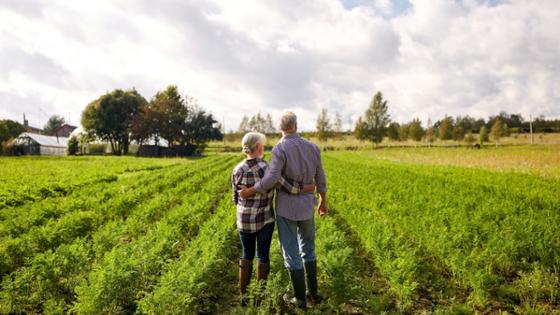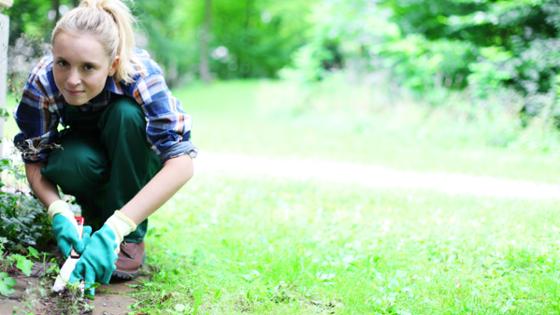Bioeconomy at a glance
The term ‘bioeconomy’ or ‘bio-based economy’ refers to more sustainable business practices in all sectors in which biogenic resources are treated, processed or marketed, including related services, e.g. in the consultancy, trade or restaurant and catering sectors.
A bio-based economy therefore particularly involves the sustainable and safe production, processing and marketing of food and feed, including fish, other agricultural commodities of plant or animal origin as well as timber and related research and development. The BMEL is the Federal Government’s lead ministry in charge of these fields of bioeconomy.
In addition, a bio-based economy also encompasses the use of biological processes to produce numerous substances such as manufacturing with the aid of microorganisms in bioreactors (e.g. of insulin in the pharmaceutical industry, spider silk for textiles, medicine and cosmetic products or certain gases for industrial uses) as well as corresponding research and development activities. The Federal Ministry for Education and Research (BMBF) and the Federal Ministry for Economic Affairs and Climate Action (BMWK) are the lead ministries in charge of these areas.
In a bio-based economy, sustainability is high on the agenda
The applications of bioeconomy are of significant importance for global food security and the transformation towards a sustainable, bio-based industry geared towards natural cycles.
Beyond food and feed markets, this also concerns the establishment or strengthening of markets for products manufactured through or with the use of biogenic raw materials in a sustainable and environmentally friendly manner. This way, fossil resources can be entirely or partially replaced with renewable resources. Reintegration into the production cycle (recyclability, cascading use all the way to energetic use) plays an important role in this regard. This is the practical link between economy and ecology.
The markets for all types of biogenic raw materials are also globally connected. Food production, the cultivation of biogenic raw materials for non-food purposes and the protection of habitats for wild plants and animals (nature conservation areas, steppes, rain forests, etc.) or of sweet water reservoirs place demands on land requirements and land use. For successful marketing, it is increasingly essential for consumers to be sure that by buying a product, they do not contribute towards, for instance, deforestation in other parts of the world or downsizing of land used for food production.
The National Bioeconomy Strategy (NBÖ Strategy)
The Federal Government's 2020 National Bioeconomy Strategy (NBÖ Strategy) provides framework conditions serving as a basis for Germany's transformation into a comprehensive and sustainable bio-based economy. This strategy highlights all relevant aspects of the use of biogenic raw materials and potentials, and places particular focus on planetary boundaries. In the context of a bio-based economy, food security must be prioritised over other uses of agricultural products, even when these are imported to Germany from other parts of the world.
In accordance with the NBÖ Strategy, industrial and energy policy, agricultural, forestry and fisheries policy, climate and environment policy as well as research and development policy all need to be closely interlinked in order to make progress with regard to bioeconomic approaches and concepts.
The term ‘bioeconomy’ particularly refers to sustainably producing and processing food, timber and other biogenic or renewable resources in a way that ensures their availability in sufficient quantities and their appropriate quality for the food industry and artisanal food production, processing businesses as well as for biotechnological uses in other economic sectors. The BMEL’s policies therefore adhere to the following two guidelines, laid down in the NBÖ Strategy:
- achieving sustainable climate-neutral development with biological know-how and responsible innovations.
- achieving a sustainable, circular economy with biogenic resources.
For the promising prospects of sustainable bioeconomy to become reality, biological knowledge must be combined with research on the social and ecological systems bioeconomy is embedded in.
Socioeconomic processes such as competition for scarce resources, population growth or changing value concepts, lifestyles and consumption patterns have an impact on the transformation towards bioeconomy, which, in turn, influences these processes.
These interdependencies must be taken into account by research as well as in the political structure of the transformation process.
This particularly applies to issues regarding ethical principles and societal values, e.g. the use of new technologies, access to resources, fair distribution of global resources or the value of nature.
It is therefore important to have open discussions with broad public participation, in the scope of which possible development paths of bioeconomy are highlighted in order to assess opportunities and challenges, and be able to set priorities.
Thanks to their natural characteristics, foodstuffs and other bio-based products – including their by-products and residual materials – are usually particularly suitable for integration into material cycles. Sustainable bioeconomy is therefore a key component to the further development of a circular economy, and thereby an important prerequisite to operating more efficiently and reducing resource consumption in the future.
To structure these processes, the NBÖ Strategy stipulates strategic goals, including associated implementing goals, components for the promotion of research and central action areas of bioeconomy.
Active support for developing a sustainable bio-based economy requires measures beyond the areas of research and development. Research and innovation must be reflected in new production processes and marketable products. In addition to policy makers and industry representatives, businesses and consumers are equally called upon as essential stakeholders. The transformation towards bioeconomy will be successful if the aforementioned stakeholders are willing to develop or buy new, bio-based products.
Bioeconomic research and development
In the implementation of the NBÖ Strategy, the Federal Government ensures that research and development projects are open to new technologies and geared towards cross-curricular (interdisciplinary) work. This is the only way to gain a better understanding of the diverse interdependencies of biological systems, bioeconomic processing chains and their impact on the environment, nature and landscapes as well as climate and health.
On this basis, the NBÖ Strategy provides for the development of recommendations for action. This involves different scientific disciplines as well as a variety of key technologies from the areas of biotechnology, digitisation, automation, sensor technologies, robotics and artificial intelligence. In this context, the aim is to continue promoting fundamental and innovative as well as practical research and development projects.




